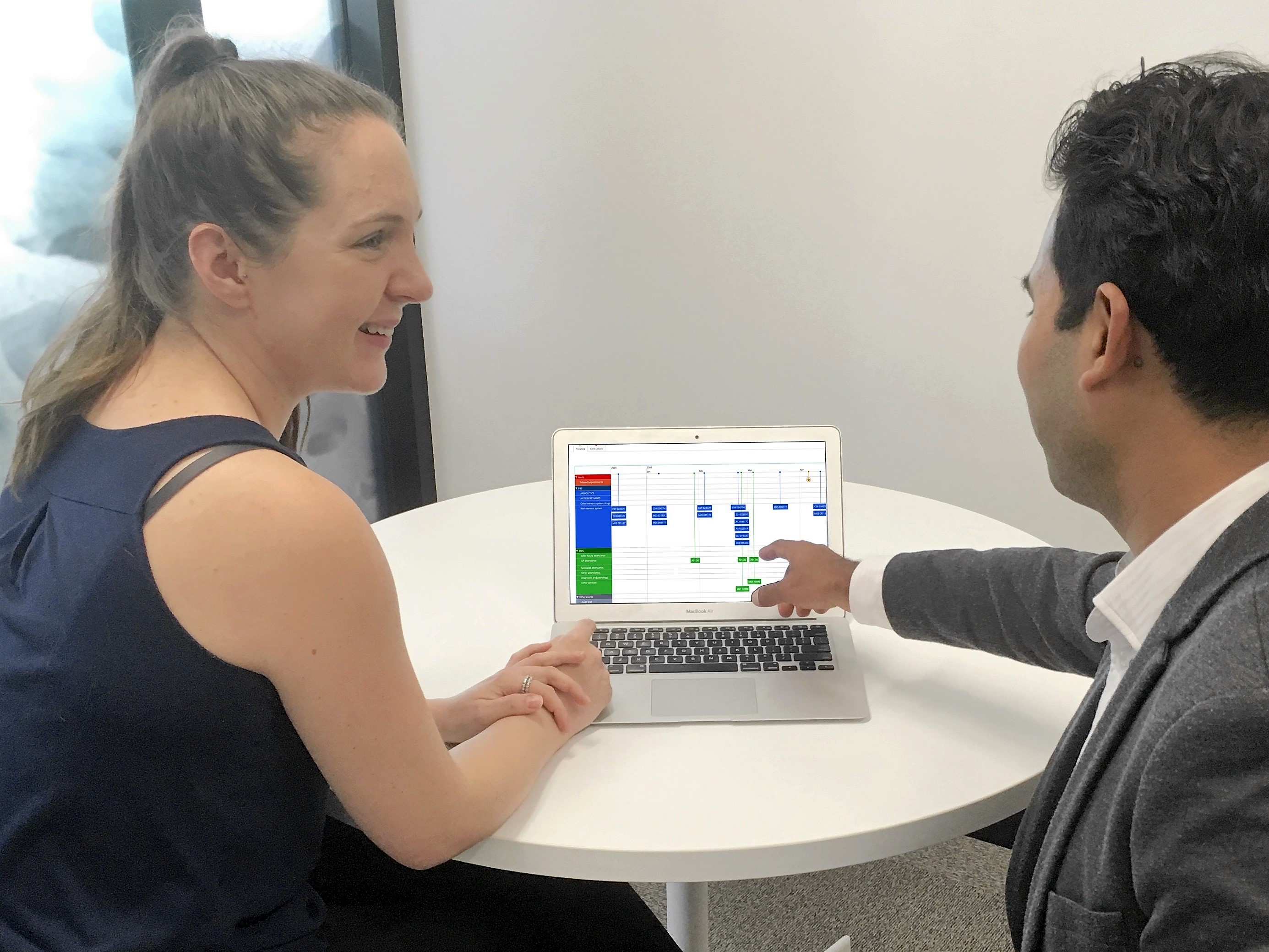
Flinders University digital psychiatry experts are part the national $200 million Digital Health Cooperative Research Centre which will deliver cutting-edge, high-tech solutions to Australia’s rising health needs.
The Australian Digital Health CRC will support a wide range of digital health solutions, expected to capitalise on technology and better consumer outcomes. This will accelerate under the a diverse spectrum of new national Digital Health CRC research collaborations with industry.
Rising mental health costs are a growing part of Australia’s $170 billion-plus health budget, which is under pressure with an ageing population and chronic disease rates.
Continuous adoption of new medical technologies will help counter these costs, and help deliver quality and accessible services to more people.
The Flinders digital psychiatry team, led by health informatics researcher Associate Professor Niranjan Bidargaddi from the College of Medicine and Public Health, will work with tech companies such as RITEQ and goAct Pty Ltd to develop new software and mental health diagnostic tools.
“We are very pleased to join the Digital Health CRC – along side some of the largest and leading technology companies and experts in the sector,” Associate Professor Bidargaddi says.
“The initiative offers opportunities to stimulate digital innovations addressing individuals’ and communities’ health and wellbeing – particularly in the field of mental health which is rapidly moving to embed and develop new digital mediums in both service delivery and clinical research.
“It also offers new avenues into using data to enhance personalised care, behaviour change and consumer empowerment to connected and better value care.”

Deputy Vice-Chancellor (Research) Professor Robert Saint says the Digital Health CRC projects further enhance Flinders University’s already extensive strengths in mental health research.
“This latest announcement enables Flinders to work with multiple industry partners and harness the expertise of a world-class CRC team to drive translation and impact of the University’s research in this area,” Professor Saint says.
“The program will foster collaborations with other universities and will constitute an important component of the University’s commitment to building research in mental health in conjunction with the Mind and Brain theme at the South Australian Health and Medical Research Institute (SAHMRI) in Adelaide and support of the recently announced Breakthrough Foundation initiative.”
Associate Professor Bidargaddi, who heads the Flinders University and SAHMRI Personal Health Informatics group, has published more than 50 peer-reviewed articles and received more than $2.5 million in grant funding from both commercial, government and other research sources.
The global digital health market is expected to grow at more than 25% per annum to reach up to $400 billion by 2024.
“If we act now, the Australian health industry can be pioneers in digital health transformation and leaders in digital health technology,” says the CRC’s CEO David Jonas.
“Industry is looking for digital solutions to be developed and validated through provision of access to ‘test-beds’ and for pathways to market,” Mr Jonas says.
“We will meet these objectives by working with our university and industry partners and by supporting and expanding the already nascent eco-system.
“The Digital CRC is looking for digital health solutions which can improve people’s health and wellbeing, reduce waste in the health system and build businesses and jobs in the rapidly growing digital health sector.”
One example is new platforms to improve medication delivery. Adverse drug reactions result in 400,000 GP visits a year and are responsible for 30% of emergency hospital admissions in the elderly, costing the health system millions of dollars and often avoidable.

